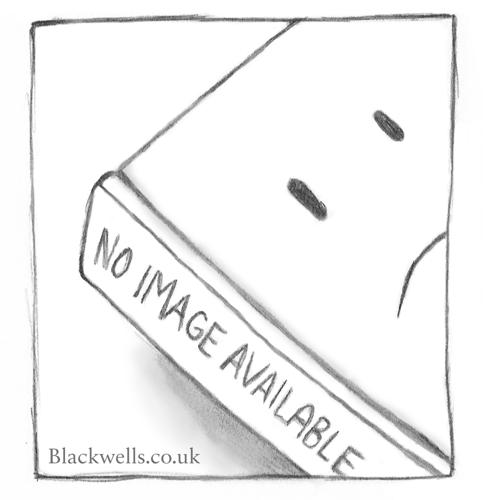Publisher's Synopsis
This account of the banking legislation of the last twenty-five years presents the attitude of a contemporary on the questions at issue. It records the opinions of one who, throughout the period, was influential with bankers and with members of Congress; as such it is more than an objective record of what happened; it is a document which, even beyond the intention of the author, indicates how completely political considerations determine the legislation on questions which are essentially technical and require expert opinion.
In the long struggle from the days of greenbackism and free silver to the establishment of the Federal Reserve System, Professor Laughlin, judged by the political outcome, has invariably been right. He supported the campaign for sound money, suggested an asset currency, recognized the inadequacy of emergency note issues, opposed the guaranty of bank deposits, and anticipated the idea of regional banks coordinated by a supervisory board. At one point in the organization of the Federal Reserve System, the maintenance of a single reserve against both notes and deposits, the bill as enacted differed from his recommendations, and the course of events since then has proved, he believes, that there is a structural weakness at just that point. Chapter by chapter, the questions are taken up chronologically; the arguments presented are those which were most effective in persuading business men of the need for banking reform; the political compromises described are those which led to the ordinarily makeshift legislation which was hurried through after a banking crisis.
One reason the legislative result agreed so well with the opinions Professor Laughlin had already expressed, is that he made articulate the aspirations of those in the banking and business community who were influential in securing legislation. For this task he was admirably fitted by reason of his lucid style, his uncritical acceptance of the fundamentals of business enterprise, and by the character of his expressed opinions which were never too far in advance of what was politically possible. No wonder that as he looks back over the events which led finally to the Federal Reserve Act, it is to him "an interesting story with a happy ending" (p. 216).
-"The American Economic Review," Vol. 11 [1921]
























